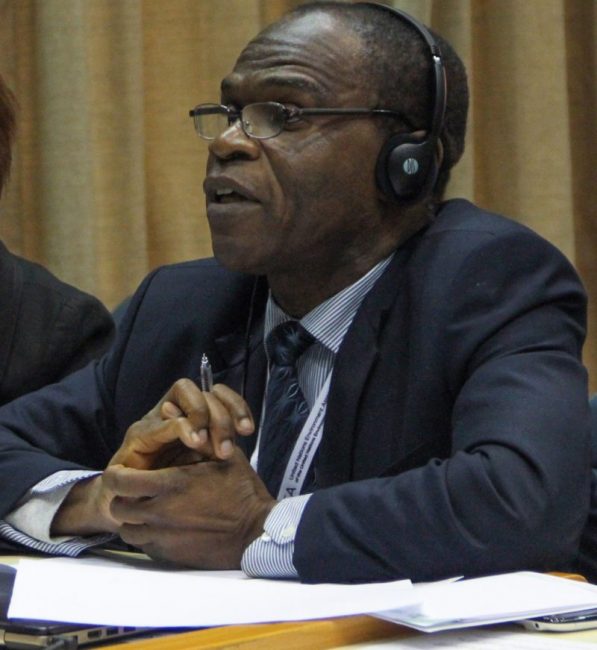Environmentalists have said that, in the cause of controlling use of Ozone Depleting Substances (ODS) in Nigeria, some gaps were identified in the provisions of The National Environment Ozone Layer Protection Regulations of 2009, a promulgation of the Federal Government addressing the use of ODS in the country.

At a workshop in Abuja on Expert Review of the Draft Amended National Environmental Ozone Layer Protection Regulations (2009) organised by the Federal Ministry of Environment in collaboration with the United Nations Industrial Development Organisation (UNIDO), Dr. Lawrence Anukam, Director-General, National Environmental Standards and Regulations Agency (NESREA), identified some of these major gaps to include: the omission of best practices for the safe disposal, guidelines for ODS destruction, andsubstitutes of ODS in the regulations, among others.
These gaps, he said, have hindered effective compliance monitoring and enforcement, as well as deterred the ODS handlers from complying with the provisions of the regulations.
Dr. Anumka said that, as a signatory to the Montreal Protocol under which substances that deplete the ozone layer are addressed, and as the country tends towards the diversification of its economy through industrialisation, Nigeria cannot be a spectator in global trends on environment and climate change.
“Globally, the adverse effects of ODS have increasingly become a critical issue as a result of the several pollutants which attack the ozone layer. Chief among these pollutants is in the class of chemicals notably known as Chlorofluorocarbons (CFCs) – used as refrigerants and as propellants in spray cans”.
As the ozone layer plays major role in the protection of life on earth by acting as a blanket that prevent harmful ultraviolet (UV) radiation of the sun reaching the earth, these pollutants, if not checked, would deplete the ozone layer and usher in more UV rays upon the earth and consequently, exposure to these rays could have serious impacts on human health and the environment.
Dr. Anumka said that it was therefore on that premise that the need to amend the National Environment Ozone Layer Protection Regulations of 2009 became imminent, and that the United Nations, through its agency, UNIDO Nigeria, is partnering with government to develop an effective standard for the safe disposal of the ODS in the country.
He told participants that the outcome of the expert meeting would help in the fulfillment of government’s obligations in the ODS phase-out regime geared towards eliminating the use of critical ODS for the protection of the environment and human health in Nigeria.
In his address, UNIDO Country Representative and Regional Director for ECOWAS, Dr. Chuma Ezedimma, said the United Nations remained committed to the promotion of an inclusive and sustainable industrialisation in developing countries and economies in transition.
Dr. Ezedimma explained that as nations across the world are evolving with measures to protect the environment, and as a partner on Montreal Protocol, it is important for Nigeria to reflect in its laws, disposal of ODS waste, and equally important for the country to begin the adoption and implementation of the Extended Producer Responsibility (EPR) initiative in order to ensure that manufacturers take responsibility for the entire life circle of their products which should apply to refrigeration, air-conditioning and insulation products.
With that in hand he said, Nigeria would be sure to boost energy conservation and eventually the sustainability of the environment.
“Disposal of unwanted ODS has already been initiated in Nigeria through the Demonstration Project for Disposal of Ozone Depleting Substances which began implementation in November, 2013 after the Multilateral Fund of the Montreal Protocol approved some funding for the country with the objective of aggregating and disposing 84MT of CFC-12, already identified with companies and chillers. This is to promote a model to manage ODS in Africa and also showcase how ODS disposal can promote other environmental and climate change issues, like energy efficiency, and carbon market co-financing,” he concluded.
